latest
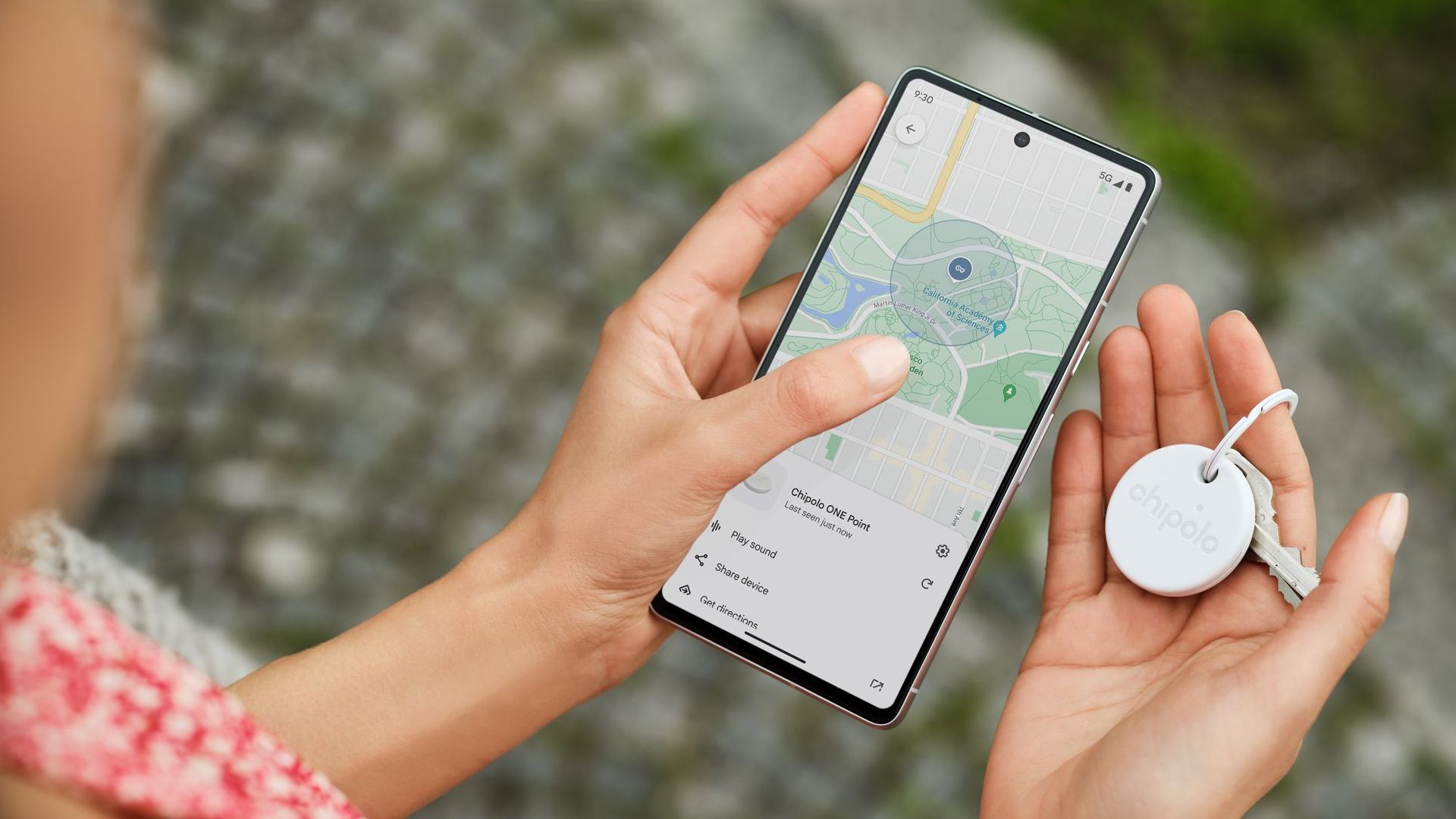
Does Chipolo support Google's Find My Device network?
Chipolo is one of the few brands that helps you locate your belongings using the Google Find My Device network
Smart trackers have come a long way, evolving to be more compact, easier to replace and recharge, and more precise over the years. Chipolo was among the first companies to announce its support for the Google Find My Device network, and it has since become available in limited numbers. Chipolo’s One Point smart tracker, alongside other compatible devices from different manufacturers, will become available in May 2024, opening the door for seamless device tracking for Android users.
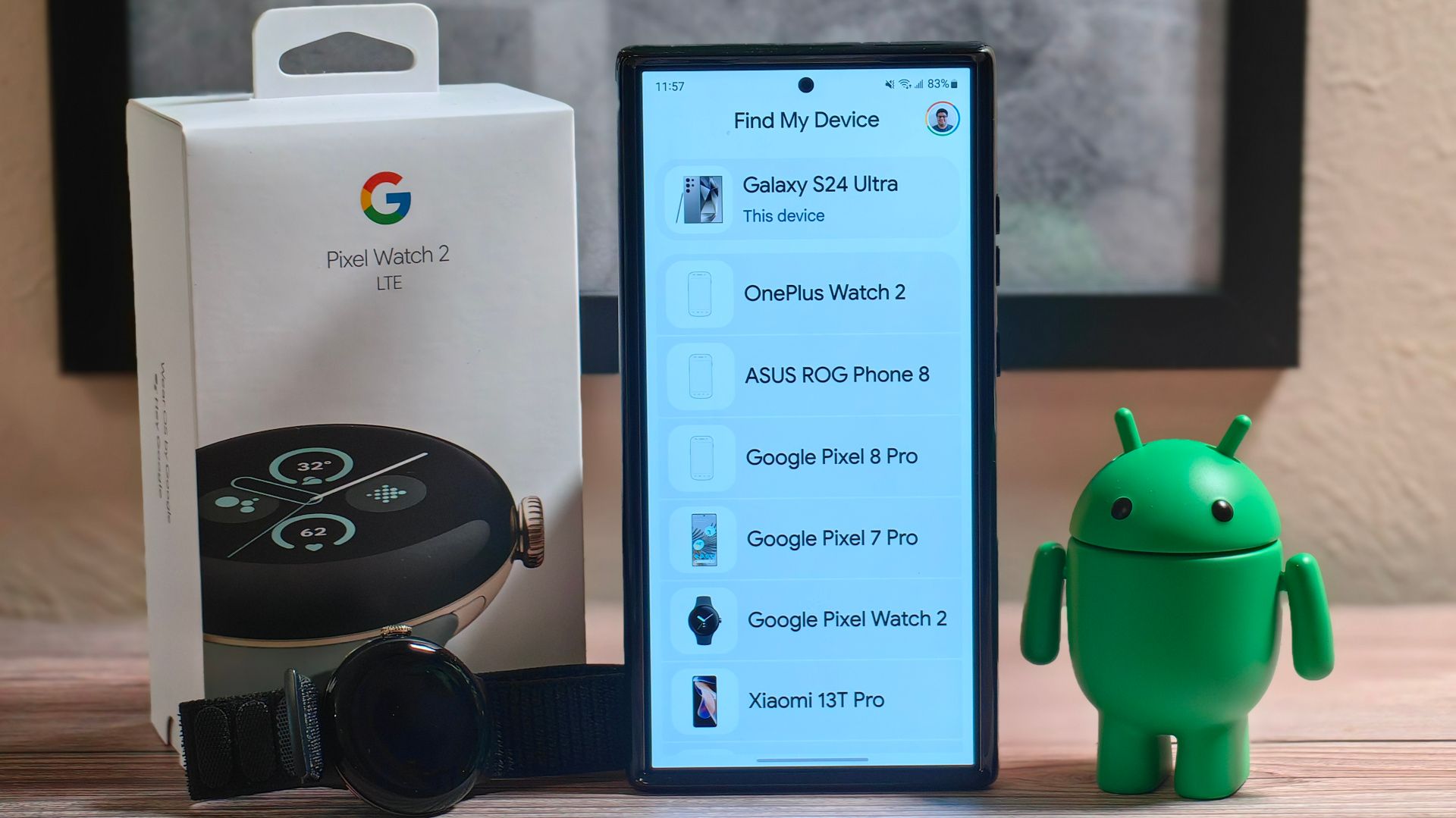
5 ways ultra-wideband (UWB) will make your life easier
Ultra-wideband powers a handful of useful tracking, sharing, and security features on supported devices
Low-energy, wireless communication protocols open up the door to new possibilities for mobile devices. You probably already rely on Bluetooth and NFC for listening to music or making mobile payments, but they aren't perfect for all use cases. Ultra-wideband (UWB), a relatively new low-energy wireless protocol, uses a higher frequency and covers more bandwidth than alternatives. This makes it more precise, more secure, and more versatile than something like Bluetooth or NFC.
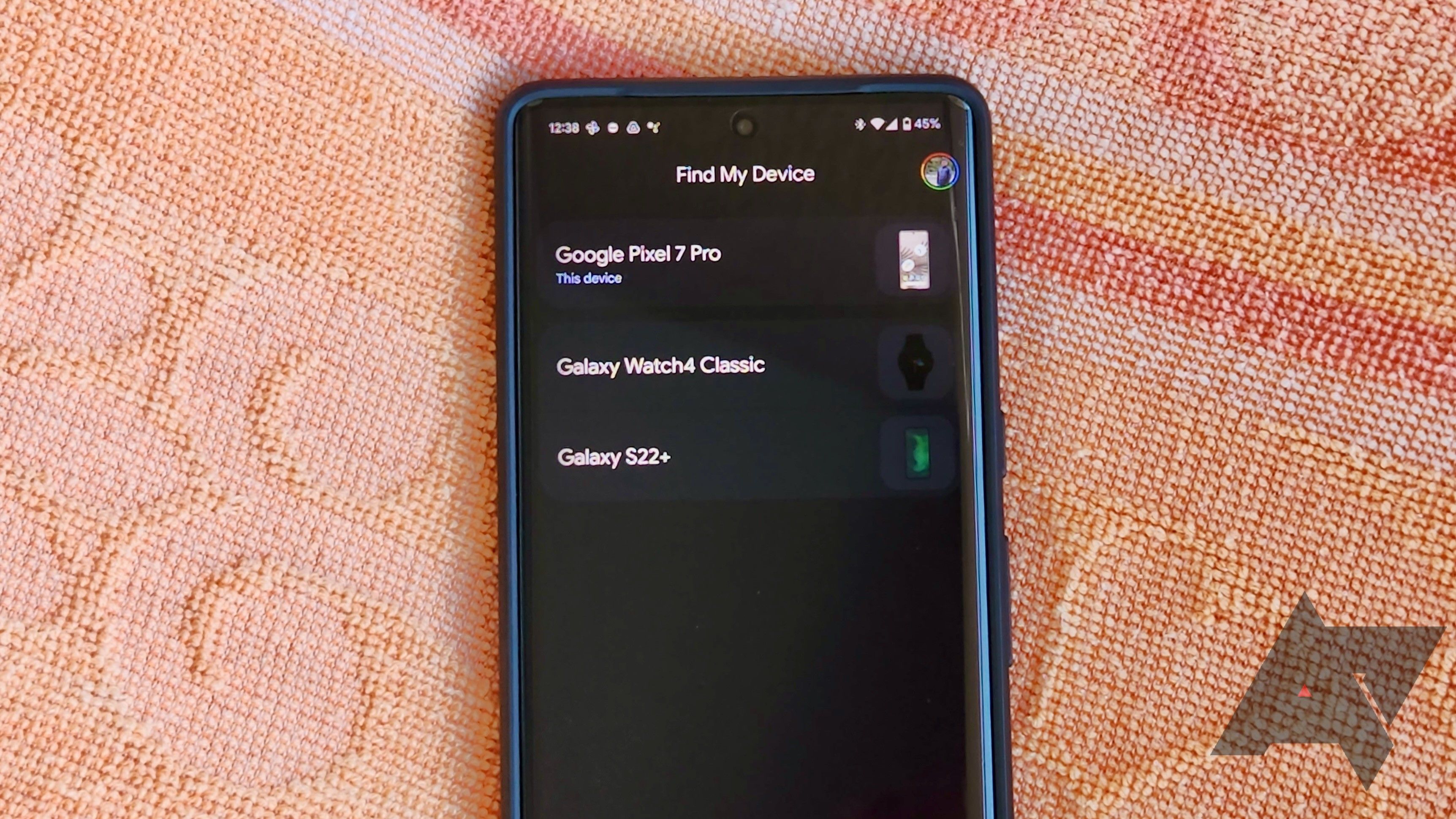
Google’s Find My Device network to go global soon
Google is also working on bringing offline phone finding to premium Android devices
After months of rumors and delays, Google's Find My Device network finally went live. The wait was worth it though, with Google including several privacy and anti-stalking protection measures in the network. Even better, Google's implementation ensures you can locate the Pixel 8 and 8 Pro even when switched off. But like everything that Google does, there's a catch here. The network is only available in the US and Canada, but this will soon change.

Google finally launches its Find My Device network
The company cites privacy and security concerns as the cause of the delay
Apple’s Find My network is incredibly powerful. Leveraging the crowd, the network is capable of finding devices that aren’t even actively connected to the internet, and it even works when your iPhone is turned off. After months of rumors and preparations, Google is finally launching its answer for all the best Android phones and its own trackers today. Google’s Find My Device network is rolling out now.
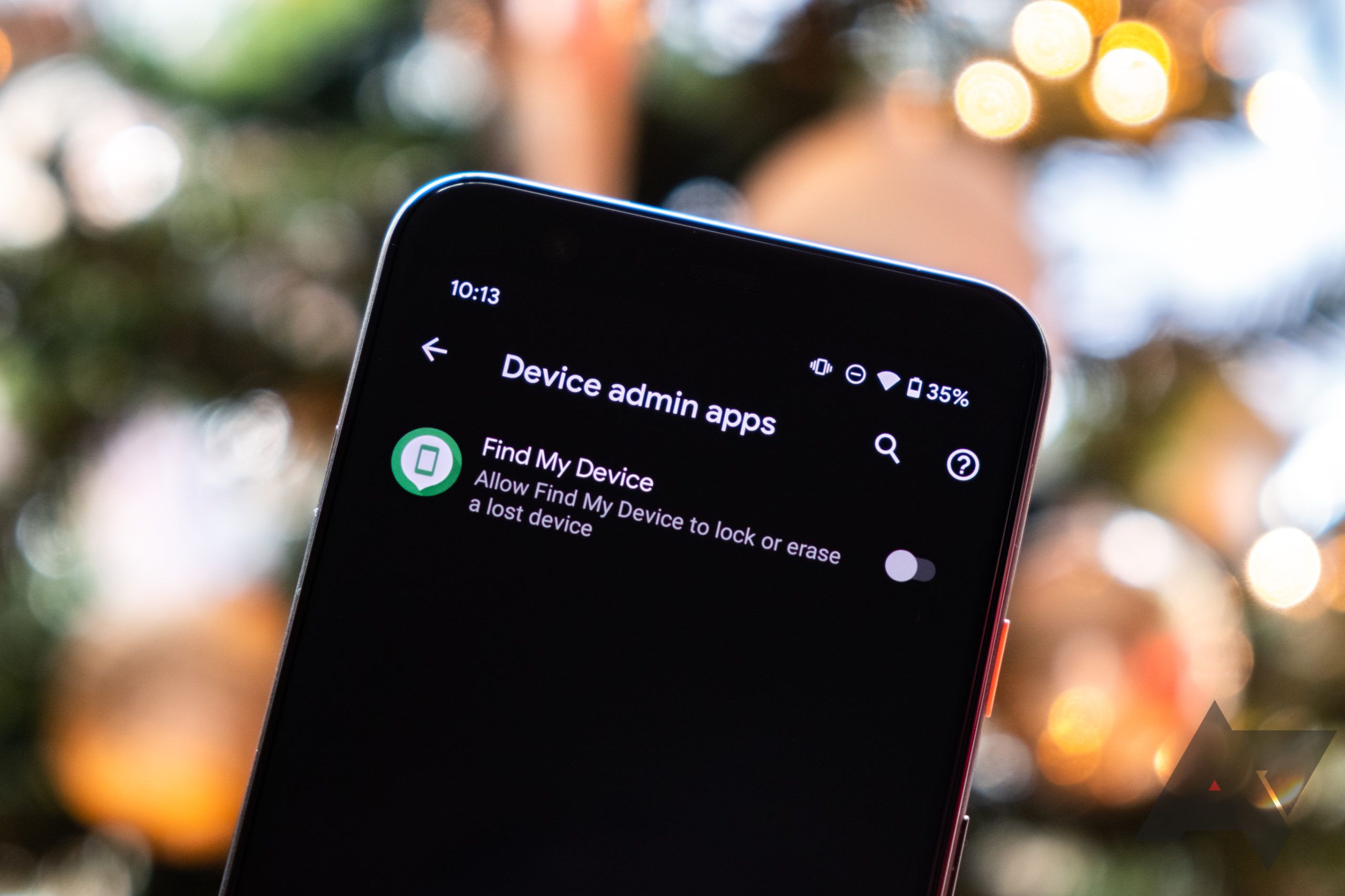
Phone thieves stare down a billion-device barrel as March updates bring April bugs in this week's news
This week in Android: More juicy Android 15 features surface and old apps keep coming out of the woodwork
Things move fast in the Android world, so nobody would blame you if you fell a little behind on the latest happenings. Just this week, Google has been gearing up to launch what will likely become the world's biggest network of location-aware devices, and that's not even counting all the Android 15 developments that have been trickling in. A bizarre trend of old apps resurfacing started to take shape in the last seven days, and recent firmware updates from Android's two biggest names have been less than flawless. Oh, and wouldn't you know it — Google went and killed another app in this week's five biggest Android headlines.
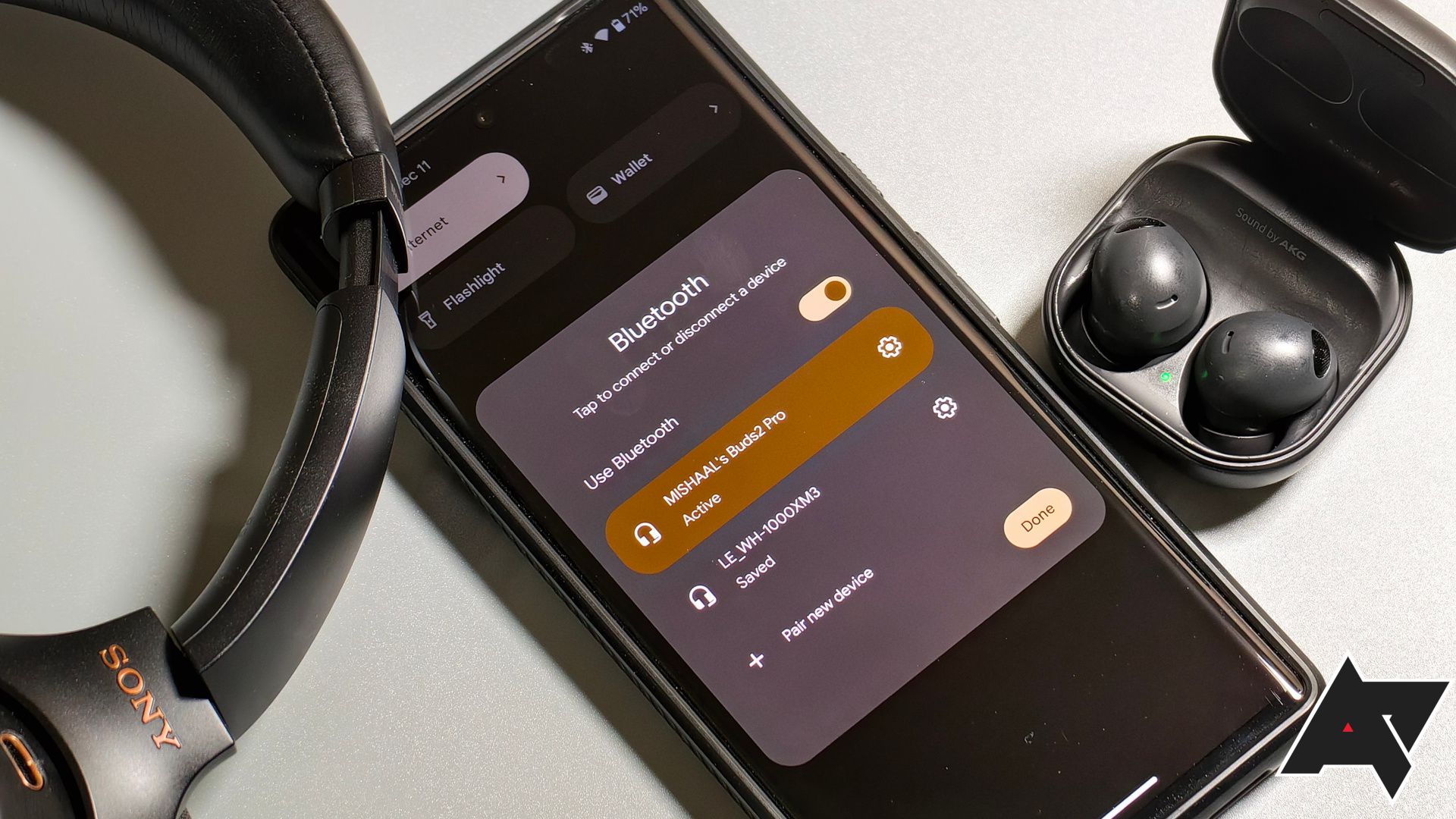
Android 15 might auto-enable Bluetooth to power Google's Find My Device network
The upgraded Find My Device network is coming soon, but it requires Bluetooth to function
Find My iPhone — or more specifically, the Find My app — is one of the most practical features you can find on iOS. It helps users to track the location of their lost or stolen Apple devices, even when they're offline or powered down. While Apple didn't add most of these features until six years after Google launched its Find My Device app in 2013, Google's version has been far more basic since then, having held off on adding the ability to find phones without an active internet connection until recently.

Android's Find My Device network launches this week with headphone tracking and offline finding
The Bluetooth cards are all falling into place
Finding your lost smartphone, earbuds, or watch can be a pain of ridiculous proportions. That’s where device tracking networks come into play. While Apple’s Find My network has proven to be extremely useful and multi-functional over the years, Android has been stuck playing catch-up, especially when devices are turned off. It has been possible to track your Android device utilizing the Google Find My Device website, but it loses most of its functionality once the device you’re tracking shuts off or dies. Almost exactly one year ago, we reported that Google was working on a new and modern Find My Device network for Android devices, followed soon after by its official announcement in May at Google I/O 2023. This week, the network will go live.

Google has flipped the switch on its Find My Device network for some users
Settings for the offline finding feature are live for some, but it's probably not functional yet
Google has been working on developing its Find My Device feature for quite some time. In order for it to fully function, offline Android devices need to have the ability to broadcast a signal while powered off. This means that they need a specific kind of Bluetooth controller and the hardware to support it. Despite these obstacles, it seems that the company has finally made headway in terms of Find My Device for offline use.
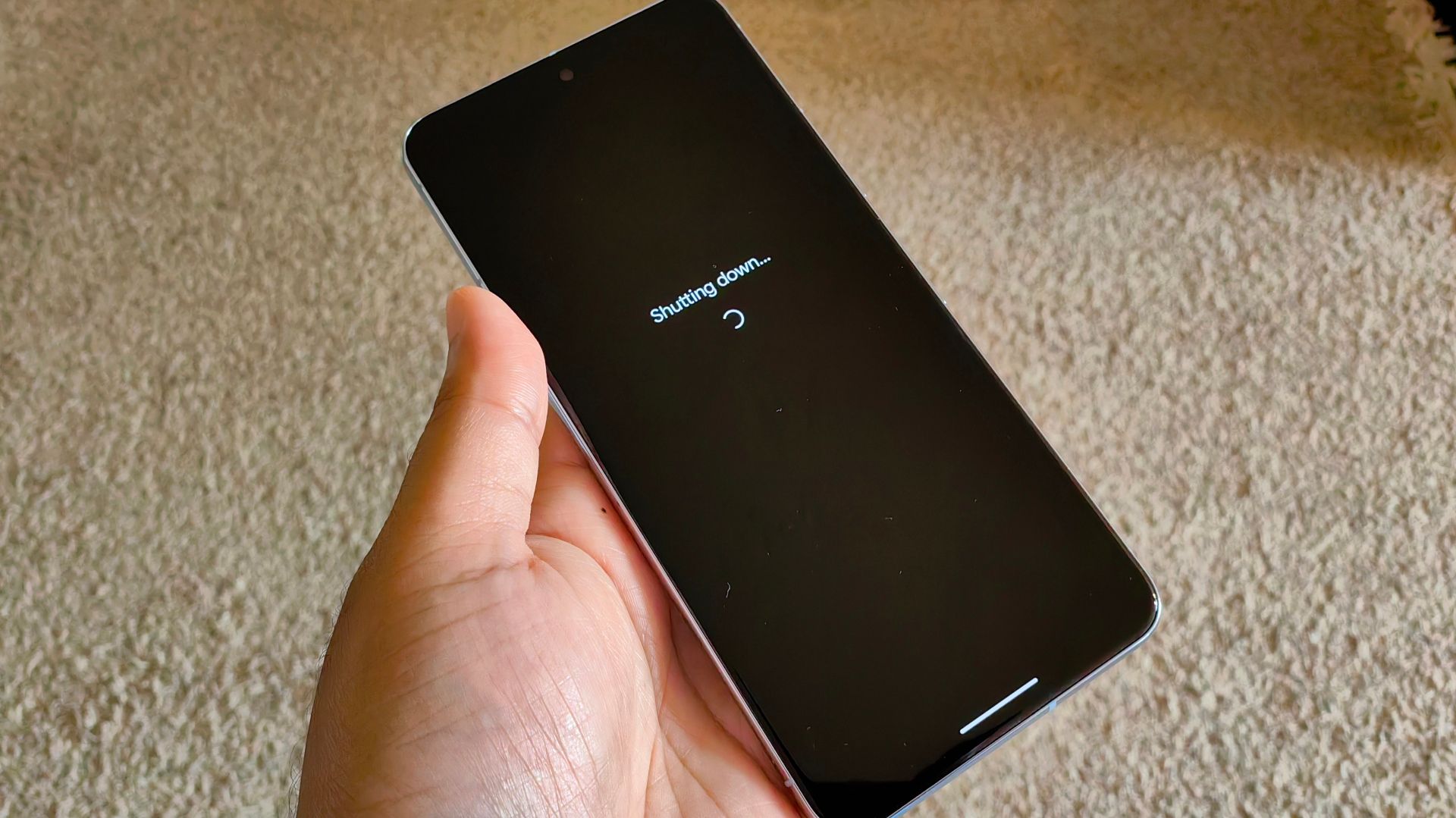
Android 15 will let you find your Pixel 8 even when it's off
The feature could launch with the Pixel 9 and expand to older phones — just don't hold your breath for Pixel Fold support
Google’s Find My Device network is still nowhere to be seen thanks to Apple. The reason we’re so giddy about its eventual launch is that Android users will finally have a lost device tracking network on par with or even surpassing Apple’s Find My network. Potentially billions of Android devices will start pinging each other via Bluetooth once the Find My Device network launches, but most devices will only be able to contribute to the network (and thus be located) when they’re powered on. The Google Pixel 8 and Pixel 8 Pro, however, will likely be able to be located even when they’re powered off, but only once they update to Android 15.

The only thing holding back Google's Find My Device network now is Apple
Offline finding and unwanted tracker detection are all but ready otherwise
If you’ve ever misplaced your smartphone, then you may have had success finding it by ringing it through your smartwatch or another smartphone. That only works if your misplaced device is somewhere in your immediate vicinity, but what if you accidentally left your phone in another location entirely? If you have an iPhone, you might be able to locate it using Apple’s Find My network. Your options for finding a lost Android phone are much more limited, though. That’s why we’re eagerly waiting for Google to launch the Find My Device network it announced all the way back at I/O 2023. The only problem is that its launch continues to be held up by Apple.

Don't hold your breath for Google's new Find My Device network
Both Google and Apple are waiting for further guidance from regulators
If you’re the type of person who is always losing your keys, wallet, and other accessories, there’s a good chance that your phone often goes missing, too. In some cases, it can be as annoying as losing it in between your sofa cushions. At worst, you could have no idea where it is while you’re traveling. Find My Device is a feature that Android device owners can turn to in times like these, but an offline finding feature that would help locate devices when they're off or offline has long been absent. Now, there is new insight into why this may be the case.

The Galaxy S24 comes with an app that replicates Apple's 'Find My' experience
Samsung Find shows your devices on a map without having to dig through menus
Samsung and Google get along relatively well, even if both companies compete with each other in the smartphone space. All Android smartphone makers, however, have to fight against Apple’s iPhones and iOS. Sometimes, it seems like the leaders in this space are behind the eight-ball on some features that iPhones have, such as the Find My app that makes it easy to always know where your iCloud-enabled Apple devices are. Samsung aims to totally change that line of thinking with its new preloaded app on the Galaxy S24 series of phones.

Our phones are our cameras, wallets, social butterflies, and sometimes, therapists. Misplacing a phone is a universal experience. It can be terrifying if you're rocking a sleek and shiny Samsung Galaxy S24 with the latest Android 14. Because of their smaller form factor, losing track of your Samsung phone is easier than a more sizable Samsung tablet. Samsung has some nifty tricks to help you reunite with your tech bud.

You can soon find your Google Pixel when it's turned off
Android 14 QPR1 Beta 1 hints at offline phone finding functionality for Find My Device
You can use Google's Find My Device service to track your lost or stolen Android phones, and while it might get the job done, it is nowhere as good as Apple's excellent Find My network. Google has been working on some much-needed updates to its device tracking service to make it more robust. This includes borrowing a trick from Apple's book and developing the Find My Device network. It now appears Google will bring one of the best bits of the Find My network to Pixel phones: offline finding.

Google's Find My Device icon gets a makeover ahead of big feature launch
The new icon is a bit abstract, but it's still got the goods
With most people losing their belongings almost on a regular basis, it's no surprise that there's been a sudden surge of Bluetooth tracking devices on the market. Thankfully, tech companies are also building out their own tracking networks. Google is one company that's been looking into a stuff-tracking solution that uses its massive network of Android devices. When it rolls out, the new Finder network, as it's aptly called, will expand the platform and bring it more in line with Apple and Tile's location-tracking services. Ahead of its release, Google seems to have revamped the app's icon with a more visually appealing look and theme.

Google’s Find My Device network could be opt-in by default
Opting in has its advantages, but not enrolling devices by default could defeat the purpose
After purchasing one of the best Android phones, we just hope it never gets stolen or misplaced. Thinking ahead, Google introduced the Find My Device service many moons ago, allowing you to locate lost devices and remotely wipe them, as long as they are powered on. Thieves were quick to catch on, immediately switching off stolen gear. Borrowing a trick from Apple’s Find My system, Google is now developing the Find My Device network, which should allow geolocation, even when your phone or tablet is switched off. After months of rumors, we have our first look at the setup process for the feature.
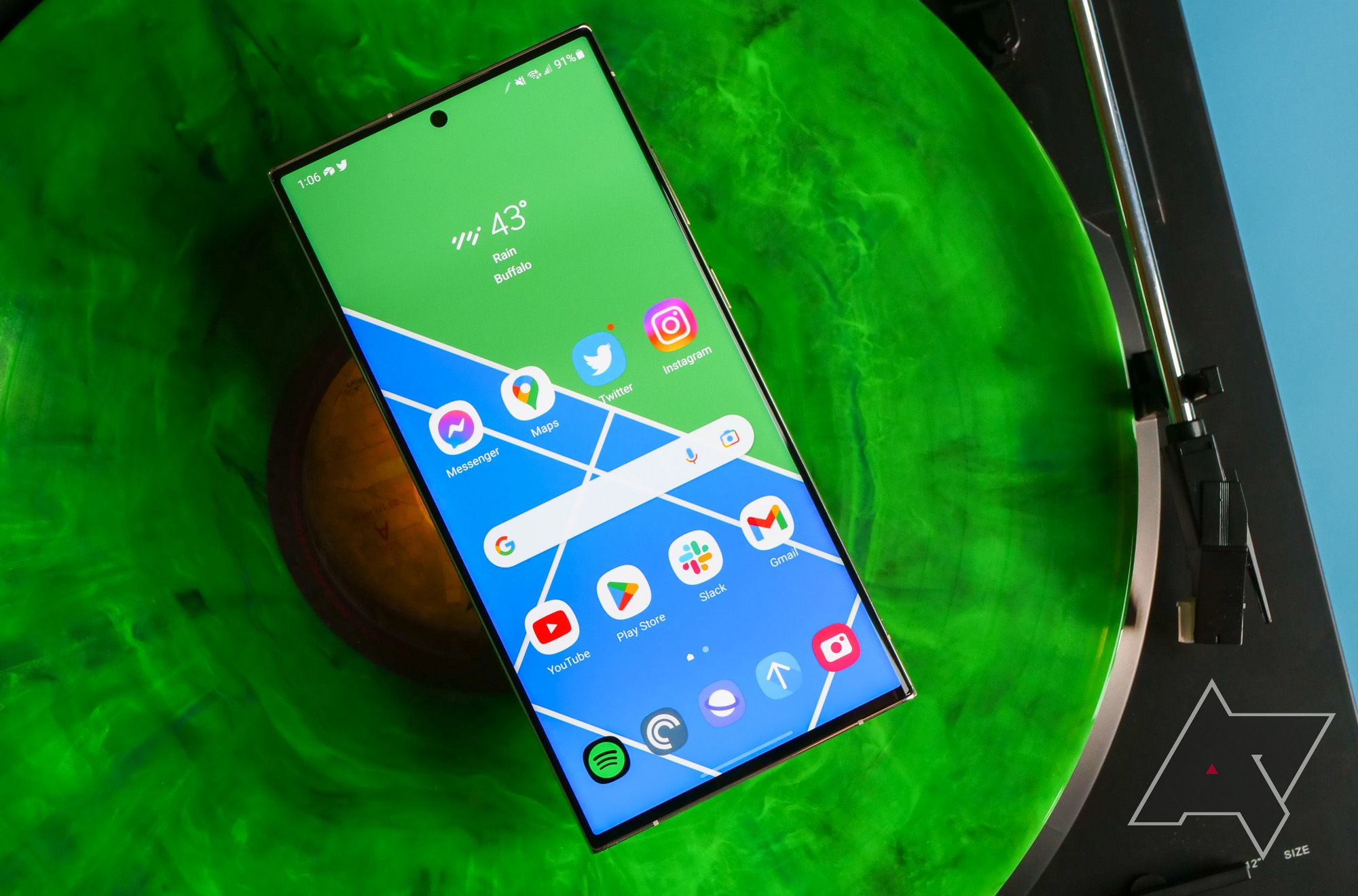
Settings for Google’s Find My Device network are taking shape
Here’s our first glimpse at the related settings UI
Losing your smartphone is a nightmarish scenario, but Google includes the Find My Device app to help locate your Android device easily. The system is not as robust as Apple's, which uses a network of participating devices to relay the lost object’s location to the owner. But we are getting there. Google intends to enable geolocation of lost Android devices, even when they are powered off, using the Find My Device network which is yet to debut. We now have our first look at the settings UI for this feature in a rather production-ready state.

Google found a new icon for Find My Device
The service can now also notify you if your device's location was accessed
Find My Device is Google’s answer to Apple’s Find My network, making it easy to spot where you left your phone behind, complete with the option to remotely erase it. The service is supposed to get some big upgrades, with Google working on the option to find devices even when they’re offline, but first, the app is in for a small facelift. Find My Device is getting a new icon that’s right in line with the colorful rest of the Google apps.
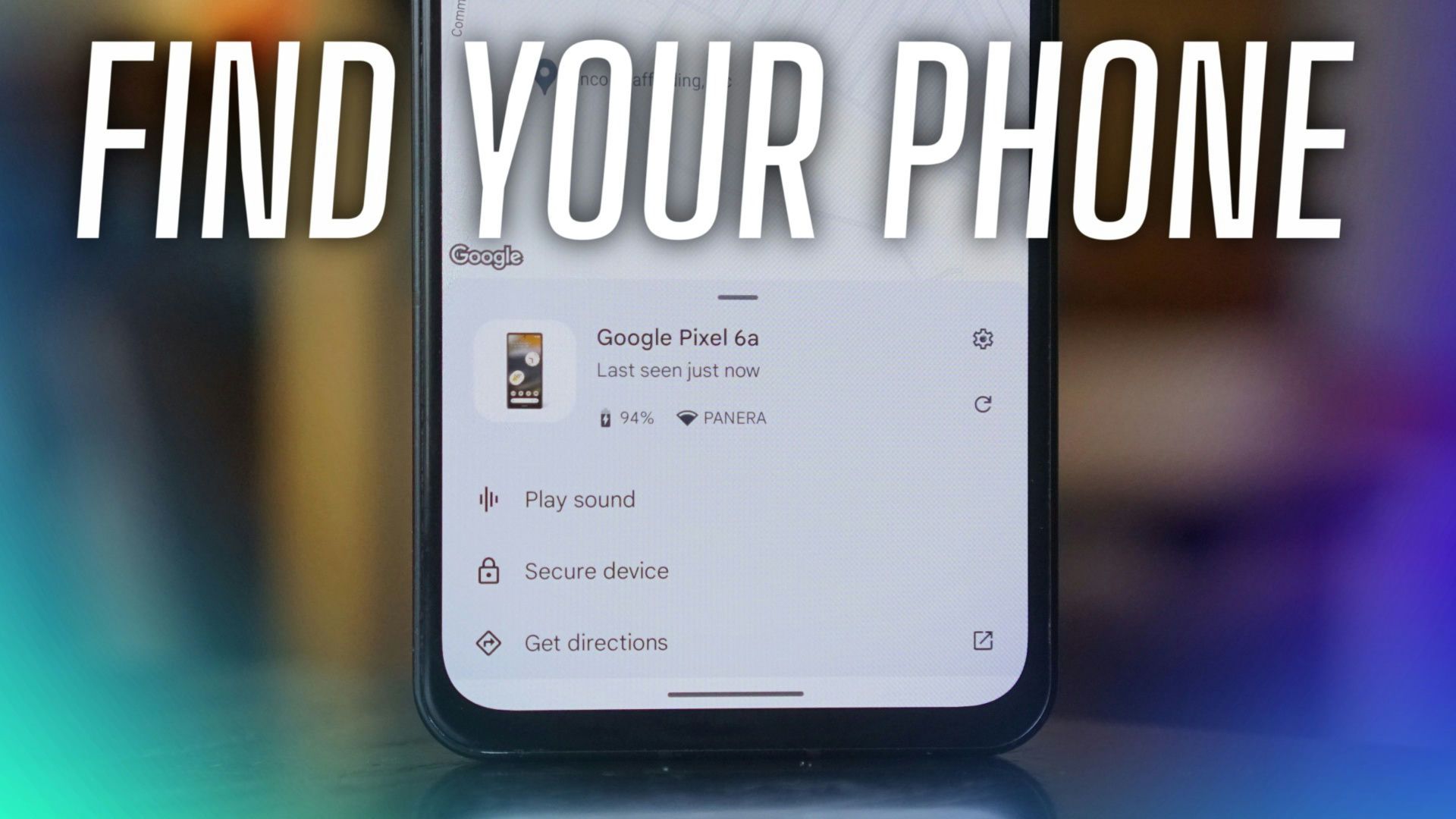
Our phones are part of our daily lives, given they help us keep in touch with people, manage our schedules, make payments, listen to music, work, store photos and videos, and more. For these reasons, it only makes sense that losing your phone can be a nightmare, especially if it's not backed up, which would mean losing all of your data.

Google’s Find My network could work with existing Bluetooth trackers
Chipolo, eufy, and Pebblebee trackers should be supported
Google has seemingly been working on its own version of Apple's Find My Network since at least 2021. Over two years later, all signs point to the impending launch of the network, which should make finding your lost or stolen Android phone easier. The "Finder network" should also benefit the rumored Nest tile tracker, which will seemingly be Google's alternative to Apple AirTags. But it won't be the only tracking tag to take advantage of the network, as many existing third-party Bluetooth trackers will reportedly benefit from it as well.















